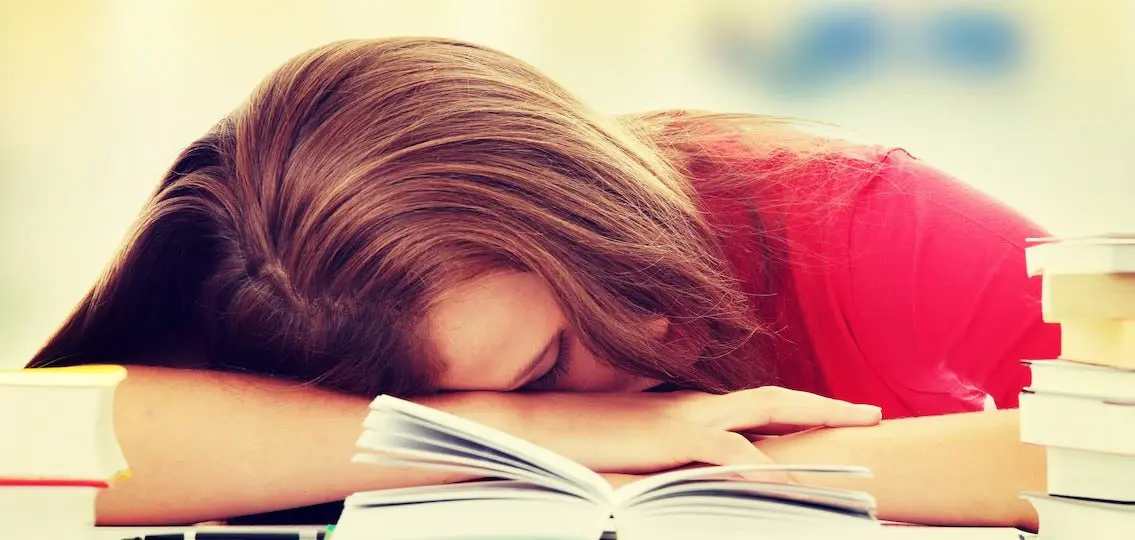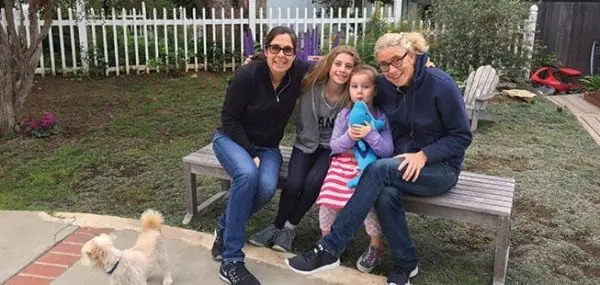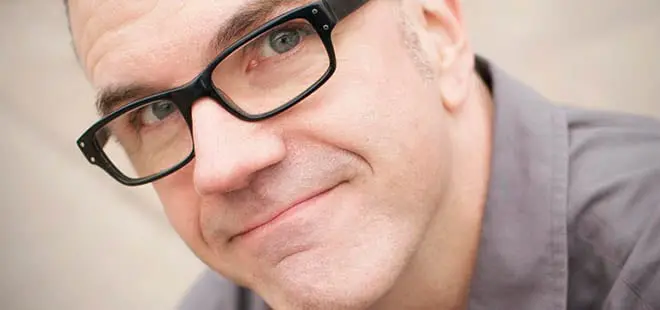Arianna Huffington has worn many hats during her career—including as founder of The Huffington Post—but with her latest venture, Thrive Global, she’s on a mission to help all of us lead more rewarding, less stressful lives. And that includes helping us get a decent night’s sleep and the importance of sleep rituals. We talk with Huffington about her recent book, Sleep Revolution.
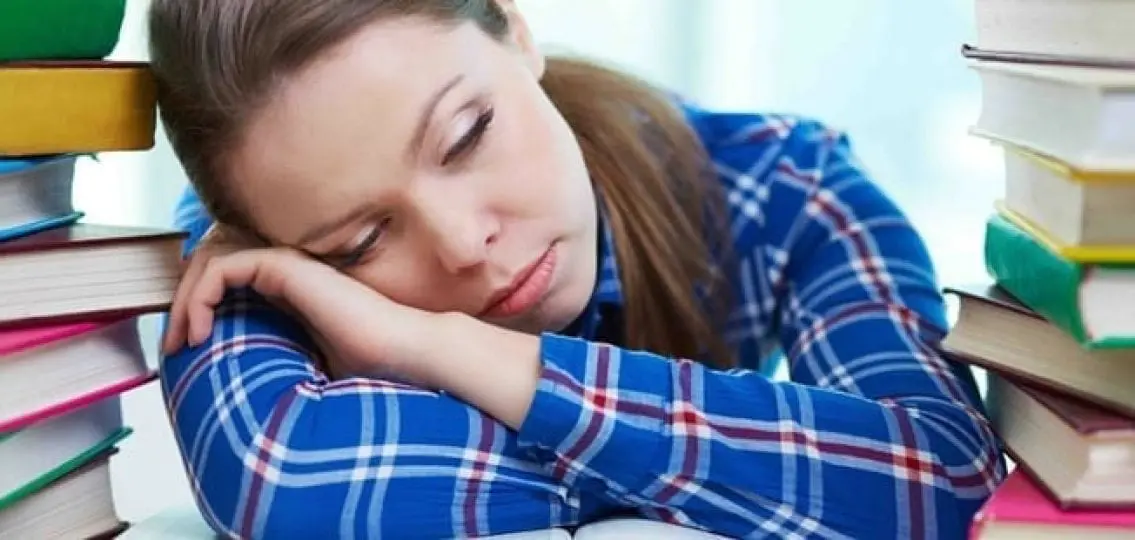
Q: The majority of teens are sleep-deprived. What’s the impact?
Huffington: The impact can be severe, and sleep is a particular problem for teens. Studies have shown that insufficient sleep is directly linked to stress and anxiety in teens. And with the distraction of technology and school start times that are too early across much of the country, a high percentage of our teens are not getting adequate sleep.
Q: Not many teenagers are getting the recommended 8-10 hours of sleep. What is the damage and long-term effect?
Huffington: Chronically missing sleep can have the same negative consequences for teens as adults: a heightened risk for an array of physical and mental health problems, including heart disease, obesity, stress, anxiety, and depression. And for students, missing sleep can also mean lower academic performance.
 Q: Can parents help their teenagers sleep better?
Q: Can parents help their teenagers sleep better?
Huffington: The first thing parents should do is model good sleep behavior—because showing the behavior we want to encourage is better than just demanding it. Also, parents should guard against over-scheduling their children. Kids need downtime—it lets them think, be creative, connect with themselves, and recharge. Parents should also be careful about the effects of technology—all devices should be turned off well before bedtime and charged outside the bedroom.
Q: What kinds of sleep rituals work best for teens?
Huffington: Everybody is different, and no person’s sleep ritual is going to work perfectly for someone else. But the important thing is to have a ritual—a set routine that tells your body and mind that it’s time to begin to say goodbye to the day and prepare for sleep.
I treat my own transition to sleep as sacrosanct. First, I turn off all my electronic devices and gently escort them out of my bedroom. Then, I take a hot bath with Epsom salts and a candle flickering nearby—a bath that I prolong if I’m feeling anxious or worried about something. I don’t sleep in my workout clothes as I used to (think of the mixed message that sends to our brains), but I have pajamas, nightdresses, even T-shirts dedicated to sleep. Sometimes I have a cup of chamomile or lavender tea if I want something warm and comforting before going to bed. I love reading real, physical books—especially poetry and novels that have nothing to do with work.
For teenagers, some or all of these might work. But what is most important is to put down technology and not let social media bleed into your nighttime routine.
Q: Can parents help teenagers prioritize sleep? And what happens when they go to college?
Huffington: There are things the entire family can do to create a family ritual, like having everyone put their phones at a recharging station outside their bedrooms. Also, so young people will be able to take responsibility for their own good sleep habits when they’re in college, parents should start giving teens responsibility early on. This means not just telling them when to go to bed, but educating them about the benefits of good sleep habits, which will give them internal motivation to do it themselves.
Q: My teen has a paper due the next morning? How can they balance academic demands with enough sleep?
Huffington: Well, the best thing for academic performance is good sleep. And keeping regular work habits, and regular sleep hours, will usually prevent the need for those all- or late-nighters.
Q: What are some specific ways to help teenagers who can’t get to sleep?
Huffington: The first thing is to identify what the barriers are. If it’s too much homework, maybe the answer is not scheduling as many after-school activities—so that this time can be used for homework, instead of having to do it later at night. If it’s too much technology and social media, it can help to get in the habit of putting technology away earlier in the night, and doing something else you enjoy, like reading or listening to music. Exercise and getting enough physical movement during the day can also help. For those who feel anxious or overwhelmed by their workload, writing down your to-do list on a piece of paper—in essence, unloading it from your mind to something external—can help take away some of that anxiety.
Q: Do you see any progress in the movement to push back school start times?
Huffington: Yes, more and more school districts are realizing the wisdom—and the necessity— of later start times. But so far, way too few. This is something on which the science is clear, and the education world needs to catch up.
Q: How have you taught your own daughters about the importance of sleep?
Huffington: Mostly by modeling it—that way, they see I’m serious about it. Plus, they’re able to see the real benefits of me getting more sleep because I’m much more present for them.
Q: Moving away from sleep, you dealt with some tough issues when your girls were teenagers. Your daughter was brave to talk about her cocaine addiction. Did you have any reservations about her going public?
Huffington: Not really. It was her story to tell and to do with what she wanted. I was proud when she went public, especially because of the reason—to give encouragement to others.
Q: Your younger daughter is a self-described introvert. Was it hard for an extrovert to parent an introvert?
Huffington: It wasn’t hard. One thing you figure out as a parent is how different children are, and how much they are their own people. That’s one area in which my younger daughter and I are different, but there are many others we share. Once you realize they’re not going to be copies of you and let that go, it’s actually incredibly inspiring watching your children grow into themselves.
Q: Your daughter dealt with an eating disorder. Do you have any advice for parents of young teenagers?
Huffington: Communication is key. And the way to keep the lines of communication as open as possible is to try to have as little judgment behind it as possible. Any person with an eating disorder is getting plenty of negative feedback internally, so getting more criticism won’t do much good. What they need most is your support.
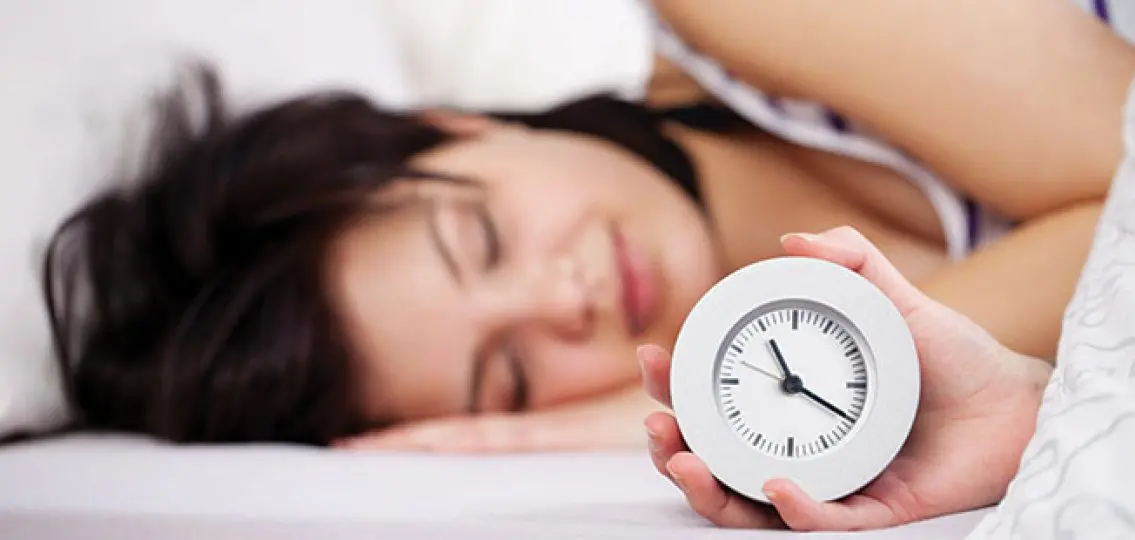
Q: Any other advice for parents of teenagers?
Huffington: Just to try to enjoy the ride through adolescence as much as possible—and realize that it does end at some point! (Which is good for both parents and teens to remember!)
